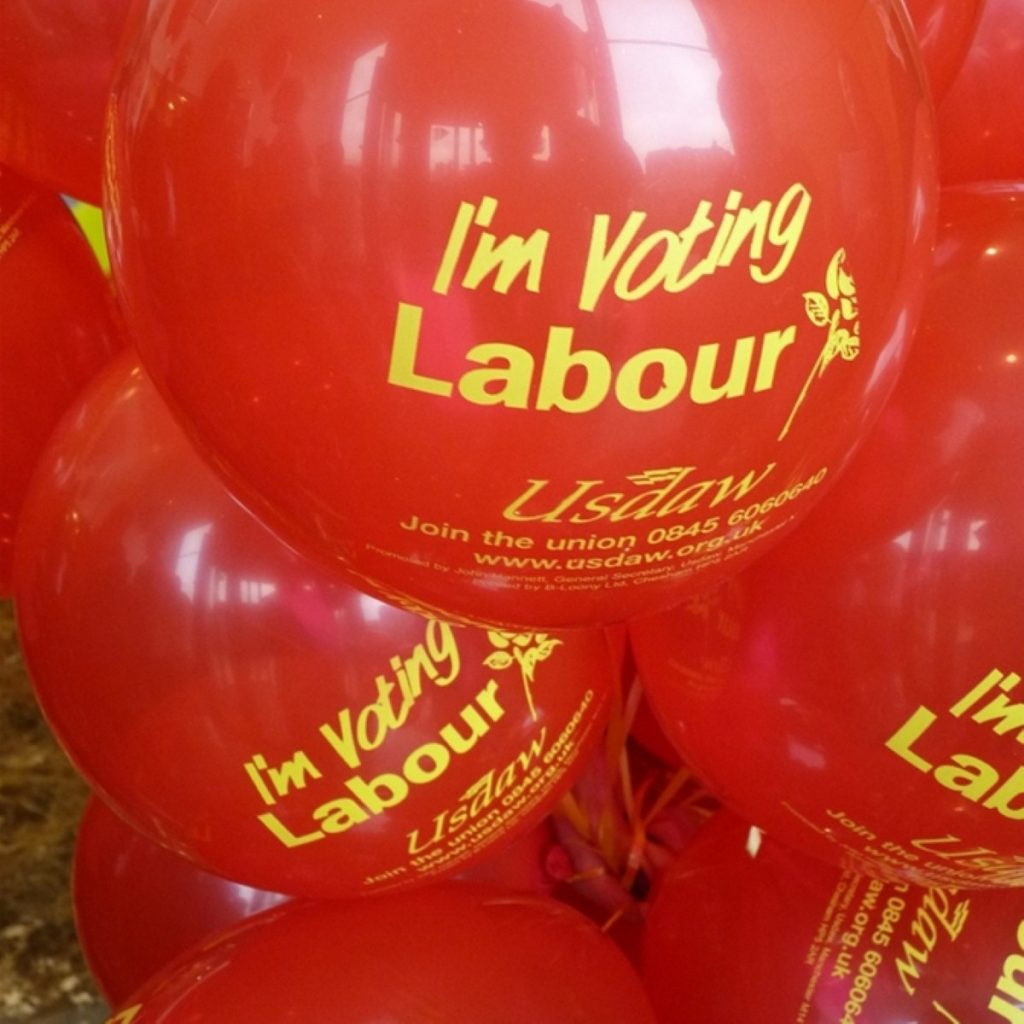Analysis: A more proactive Miliband will only help Labour
Ed Miliband must do more to rekindle Labour's sense of optimism. This year's party conference gives him the opportunity to do just that.
By Dr Matthew Ashton
Ed Miliband hasn't had the best year. Some of this stems from factors beyond his control, but other issues are of his own making.
One of his biggest problems is that the Blair and Brown camps within the party are still at each other's throats, fuelled by various memoirs of ex-Cabinet ministers.


Linked to this, the party as a whole has struggled to come to terms with its legacy with various disagreements about the best way forward. With the riots over the summer, the phone-hacking scandal and the continuing poor economic outlook Labour should be surging ahead in the polls. While they are doing better than the Conservatives this hasn't necessarily translated into confidence in the wider party.
Put simply, there isn't that feeling of optimism there was in 1995 when even though Labour were in opposition they dominated the political agenda. At the moment momentum remains with the coalition government.
Far too often in the past Labour has relied on the strategy of waiting for the Conservatives to make mistakes. They need to be more pro-active in opposition. Everyone is currently hoping that the new policies being rolled out over the next few months will provide the party with the bump-start it needs to look like a credible political force again.
Today's story in the Sunday Mirror that Labour would cap tuition fees at £6,000, £3,000 less than the level planned by the coalition, has certainly captured the headlines. It remains to be seen if this is a game-changer in the same way that David Cameron's tax cut announcement was in 2007. In that case Cameron made possibly the shrewdest political move of his entire career and, if rumours are to be believed, scared Gordon Brown out of calling an Autumn election. A classic example of decisions made at a conference having a huge impact on the political landscape.
I doubt Miliband's announcement will have quite the same seismic effect, but capping tuition fees at a lower level is good politics. I can imagine a lot of younger voters and parents will find it attractive. However the election is still over three years away, and if the significantly higher fees do turn out to deter tens of thousands of young people from attending university then it's perfectly possible the coalition could cut fees themselves -pulling Labour's rug out from under them.
Conferences don't make or break a leader on their own, but they can have a serious influence on how their party perceives them. It was Iain Duncan Smith's two poor conference speeches in a row that convinced the Conservative elite to ditch him as their leader. Labour tends to be less ruthless than their rivals but a good performance from Miliband over the next few days would help to steady a lot of nerves. At the moment he needs to address three important issues.
This first and most important is policies. If Labour is going to win the next election it needs credible realistic policies that can stand up to media and public scrutiny.
Far too often in the past Labour has suffered from short-term thinking and policies seemingly sketched out on the back on an envelope that collapsed the first time they were unveiled. Anyone remember Tony Blair's on-the-spot fines for offenders?
Over the past few months Labour MPs have repeatedly called for the Conservatives to adopt what they refer to as 'plan B'. What we need to see now is detailed information on what such a plan would entail and its impact across the board. These policies need to pass the 'can we actually do it' test, but also appear flexible enough to cope with the fast changing global economic situation. A tall order indeed.
North of the border the SNP has been incredibly successful by pursuing what are essentially 'Old Labour' policies on healthcare and education. The cut in tuition fees might signal the fact that Miliband has taken this lesson on board. Most importantly though, he needs to convince the public that Labour is a party of the many rather than the few.
Another problem Miliband needs to face up to is the fact that he's not a natural speaker, or at least not up to the standard of Blair who is still the gold standard of recent political communicators. Far too often at the moment he tends to come across in terms of his speech patterns and body language as Blair-lite. It's not enough just to believe in your policies, you have to convince others that you believe in them, and then maybe they'll believe as well.
Miliband needs to convey much more conviction and authority as well as personality. If Boris Johnson proves anything it's that personality can go a long way.
Finally, Miliband also needs to demonstrate that he can take advantage of opportunities when they present themselves. He did score some direct hits on the opposition during the phone-hacking scandal but some within the party believe he should have done more damage to a weakened Cameron.
Over the coming year he needs to make sure every opportunity counts.
Dr Matthew Ashton is a politics lecturer at Nottingham Trent University. Visit his blog.
The opinions in politics.co.uk's Comment and Analysis section are those of the author and are no reflection of the views of the website or its owners.












